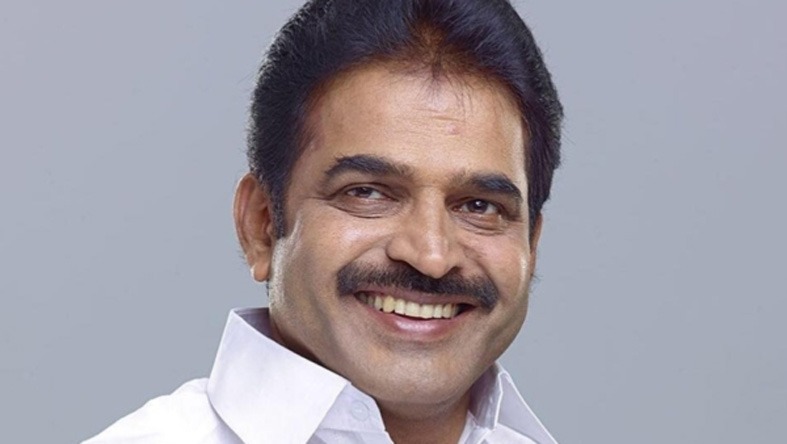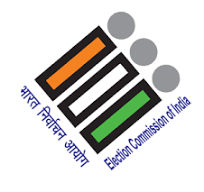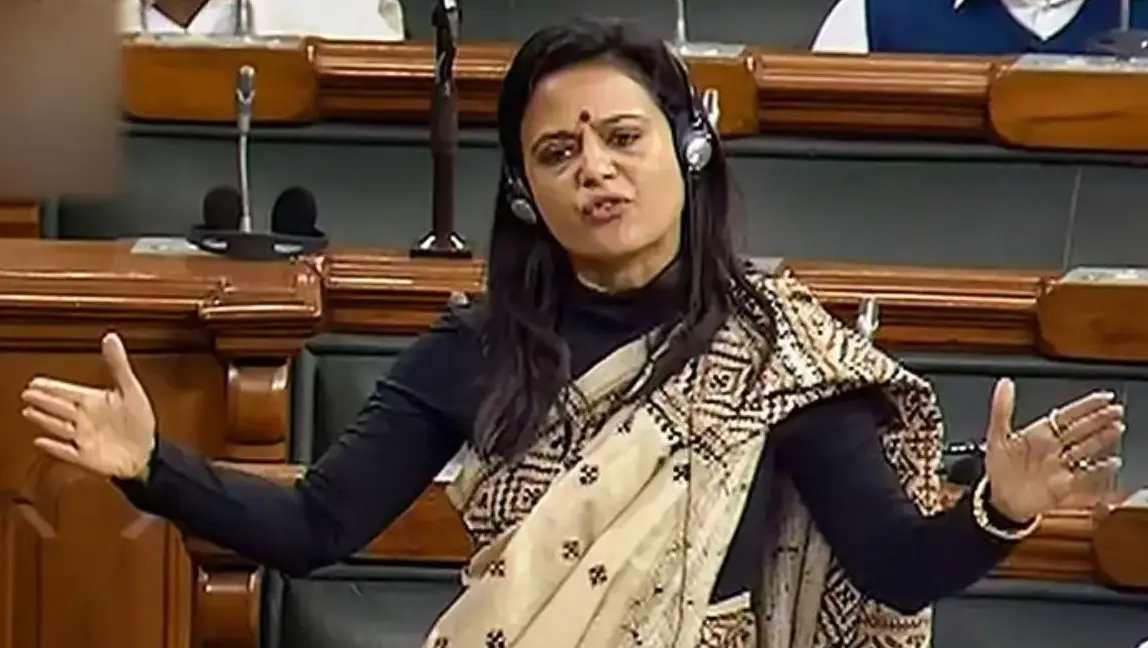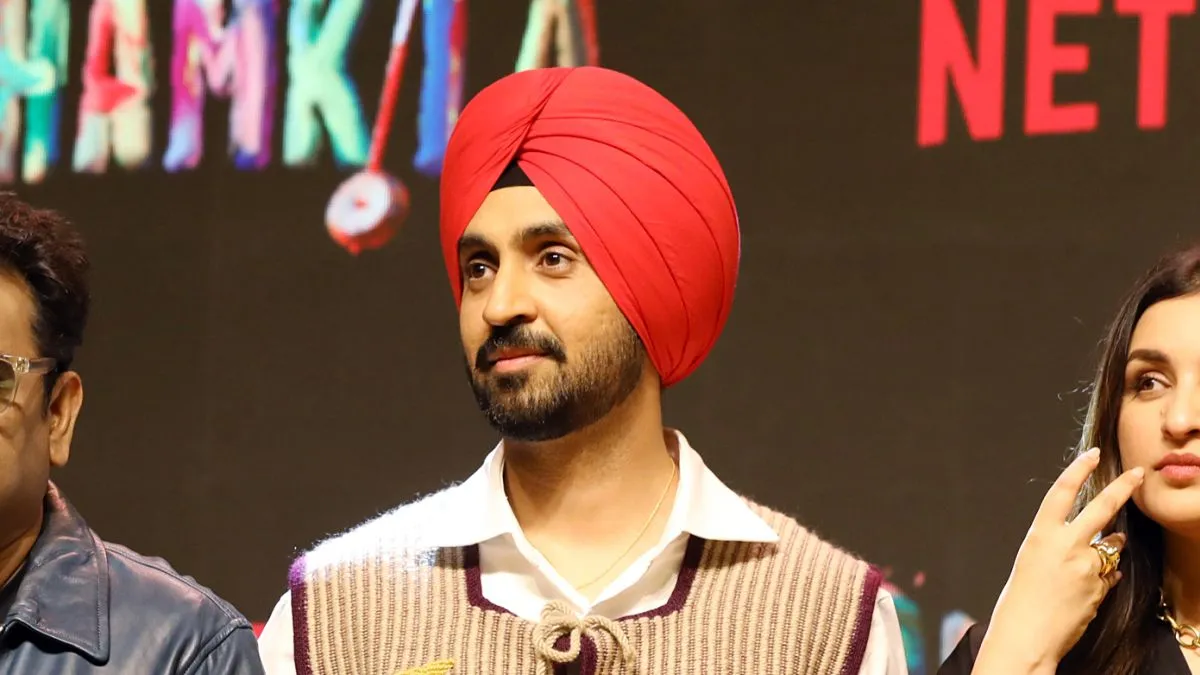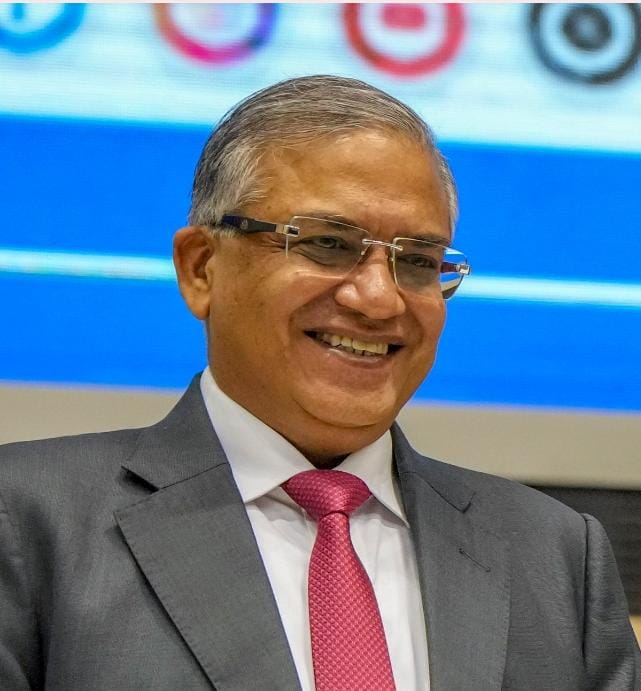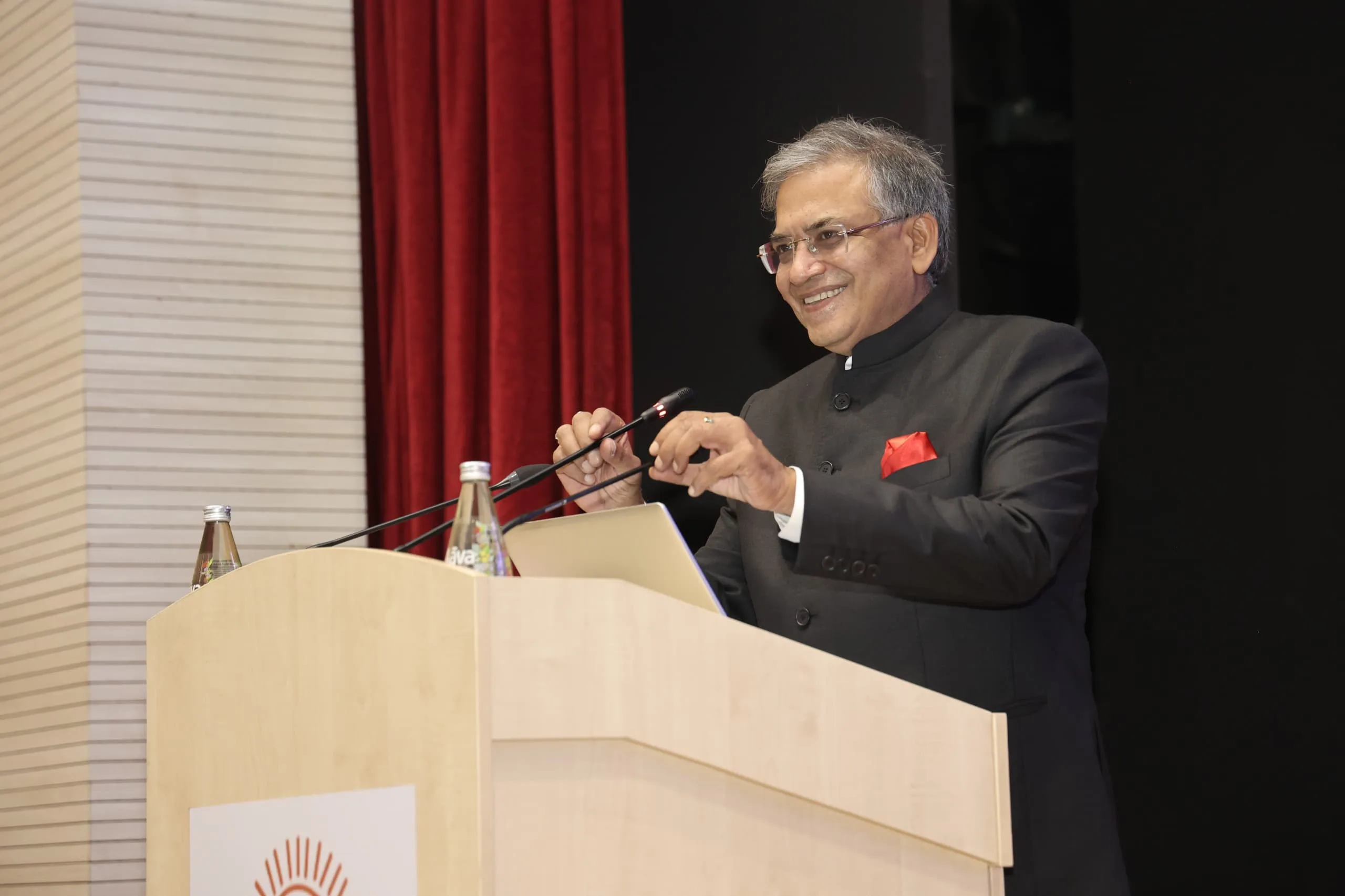Firozabad (UP): With opposition parties voicing concern on the special intensive revision of electoral rolls in poll-bound Bihar, Chief Election Commissioner Gyanesh Kumar said on Saturday that almost every political party had complained about the voters’ list being inaccurate and stressed it was necessary to update it before elections under the law.
The Congress and other INDIA bloc parties have questioned the intent and the timing of the revision of the voters’ list, claiming that the exercise carries the risk of willful exclusion of voters using the state machinery.
Gyanesh Kumar, who was replying to queries from reporters in Firozabad, rejected allegations of overlooking concerns of the opposition, asserting that the poll panel maintains regular dialogue with political parties and 5,000 such meetings have been held in the past four months, beginning from the assembly level.
The CEC, who was here to attend a private programme, was asked about RJD leader Tejashwi Yadav raising questions on the voters’ list revision.
“Under the Representation of People Act, it is necessary to update the voter list before every election. In Bihar, on 1 January 2003, a thorough revision of the voter list was done. At that time, the eligibility of the people whose names appeared in the voter list was checked….
“Such a thorough examination was not done in Bihar after 1 January 2003…. the Election Commission had decided that it would continuously coordinate with the political parties. In this sequence, almost every political party complained about the voter list being incorrect and every time they said that the voter list should be rectified.
“Therefore, this time in Bihar, just like in 2002, within a month between July and August, the enumeration forms will be distributed and taken back,” he said.
The CEC said the exercise is going on very smoothly and all political parties are cooperating in this.
“More than one lakh booth-level officers are engaged. More than 1.5 lakh booth-level agents have been nominated by political parties and all are doing this work honestly and hard,” he said.
The CEC said the exercise will be conducted in a transparent manner and “every eligible citizen will be a part” of the voters’ list.
Kumar also stressed that people whose names were on the voters’ list as on January 1, 2003, don’t have to submit documents of birth for themselves or for their children when they are enrolled as voters.
“Like in Bihar, whoever is in the voter list of 01.01.2003 will be considered eligible from the primary point of view under Article 326 of the Constitution. In other words, the people whose names are in that list need not submit any document, and when voter IDs are to be made for their children, they too will not need to give any document for their parents,” the CEC told reporters.
He added that as far as the time frame is concerned, when the voter list of Bihar underwent an intensive revision in 2002, it was from July 15 to August 14, a total of 31 days.
This time also the revision is being held from June 24 to July 25, which is 31 days, he said.
The Election Commission had on June 28 said that the special intensive revision of electoral rolls in Bihar has begun and stressed that all citizens, political parties and the Election Commission of India follow the Constitution.”
The poll authority reminded that Article 326 specifies eligibility to become an elector — only Indian citizens, above 18 years and ordinary residents in that constituency are eligible to be on the voters’ list.
The poll authority is carrying out an intensive review of electoral rolls this year in five states and Puducherry, beginning with Bihar, to weed out foreign illegal migrants by checking their place of birth.
Bihar is going to the polls this year, while assembly polls in Assam, Kerala, Puducherry, Tamil Nadu and West Bengal are scheduled in 2026.
The move, which would be later expanded to other states, assumes significance in the wake of a crackdown in various states on illegal foreign migrants, including from Bangladesh and Myanmar.
On June 29, the Election Commission informed that it will soon upload the 2003 Bihar electoral roll on its website to facilitate the nearly 4.96 crore voters whose names figure on it to extract the relevant portion to be attached with the enumeration form for the special intensive revision of the voters’ list.
According to the instructions issued by the poll authority to its Bihar poll machinery, the 4.96 crore voters — 60 per cent of the total electors — who were listed in the 2003 special intensive revision need not submit any supporting document to establish their date or place or birth except the relevant portion of the electoral roll brought out after the revision.
The other three crore — nearly 40 per cent — will have to provide one of the 11 listed documents to establish their place or date of birth.
Asked about attacks from the opposition on the EC alleging that their complaints on Bihar are not heard, Kumar said on Saturday, “The Election Commission keeps having a regular dialogue with various political parties.
“In the last four months, all-party meetings were organised in every assembly constituency, in every district and also with every state chief electoral officer.
“In all, 5,000 such meetings were held in which 28,000 people, including leaders of political parties, participated.”
The CEC said that not only this, the Election Commission itself has been meeting all national and state parties.
“Five national parties and four state parties have met. If there is any issue, then all-party delegations also come, and the EC meets them,” he said.
The Chief Election Commissioner also said that in the electoral process, the voters are the most important, but after them, “our political parties are the most important stakeholders.”
Bihar has 7.9 crore voters. The EC has said 4.96 crore electors, whose names figured in the electoral rolls after the last intensive revision on January 1, 2003, have to fill up and submit the enumeration form.
The remaining 2.93 crore voters will have to submit documents to establish their eligibility, and of these, those born after 1987 will have to provide documents for their parents. However, if the parents of such voters figured in the 2003 roll, the relevant extract of the list will suffice.

